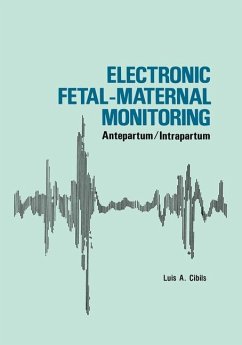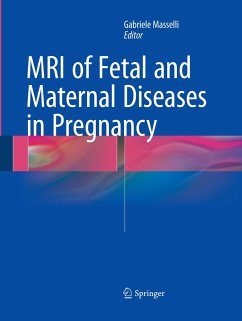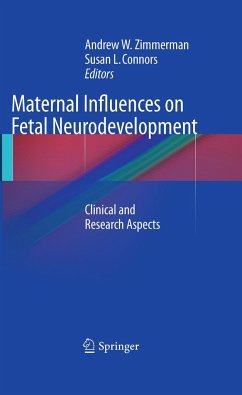
Maternal-fetal streptococcal B infection
Clinical manifestations, treatment and prevention
Versandkostenfrei!
Versandfertig in 6-10 Tagen
40,99 €
inkl. MwSt.

PAYBACK Punkte
20 °P sammeln!
Maternal-fetal infection with streptococcus B (or Streptococcus agalactiae) represents a major clinical challenge during pregnancy, for both mother and newborn. This pathogen, often present asymptomatically in the mother's genital tract, can be transmitted to the fetus during delivery, leading to serious complications such as neonatal sepsis, meningitis or pneumonia. To prevent these complications, screening and prophylactic treatment strategies are crucial. Routine screening of pregnant women for streptococcus B, usually between the 35th and 37th week of pregnancy, can identify asymptomatic c...
Maternal-fetal infection with streptococcus B (or Streptococcus agalactiae) represents a major clinical challenge during pregnancy, for both mother and newborn. This pathogen, often present asymptomatically in the mother's genital tract, can be transmitted to the fetus during delivery, leading to serious complications such as neonatal sepsis, meningitis or pneumonia. To prevent these complications, screening and prophylactic treatment strategies are crucial. Routine screening of pregnant women for streptococcus B, usually between the 35th and 37th week of pregnancy, can identify asymptomatic carriers. In the event of a positive test, intravenous antibiotic prophylaxis during labor is usually administered to reduce the risk of transmission to the newborn. Proper management of this infection requires a multidisciplinary approach, involving obstetricians, pediatricians and infectious disease specialists, to ensure optimal care for both mother and baby.














